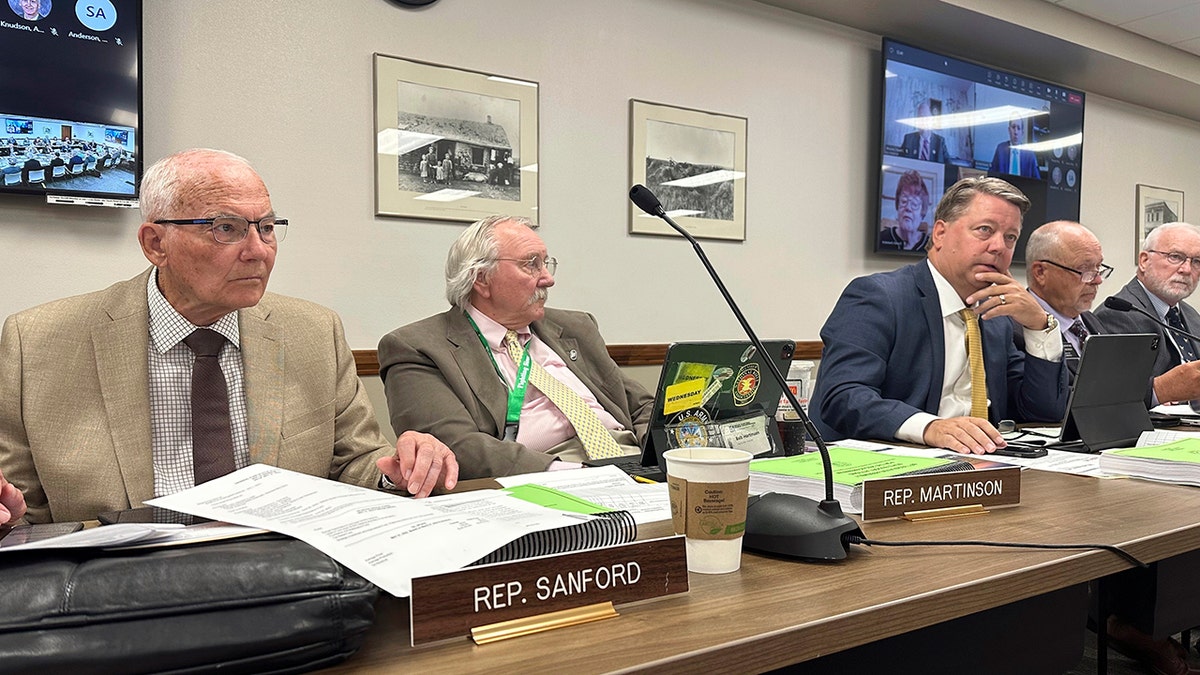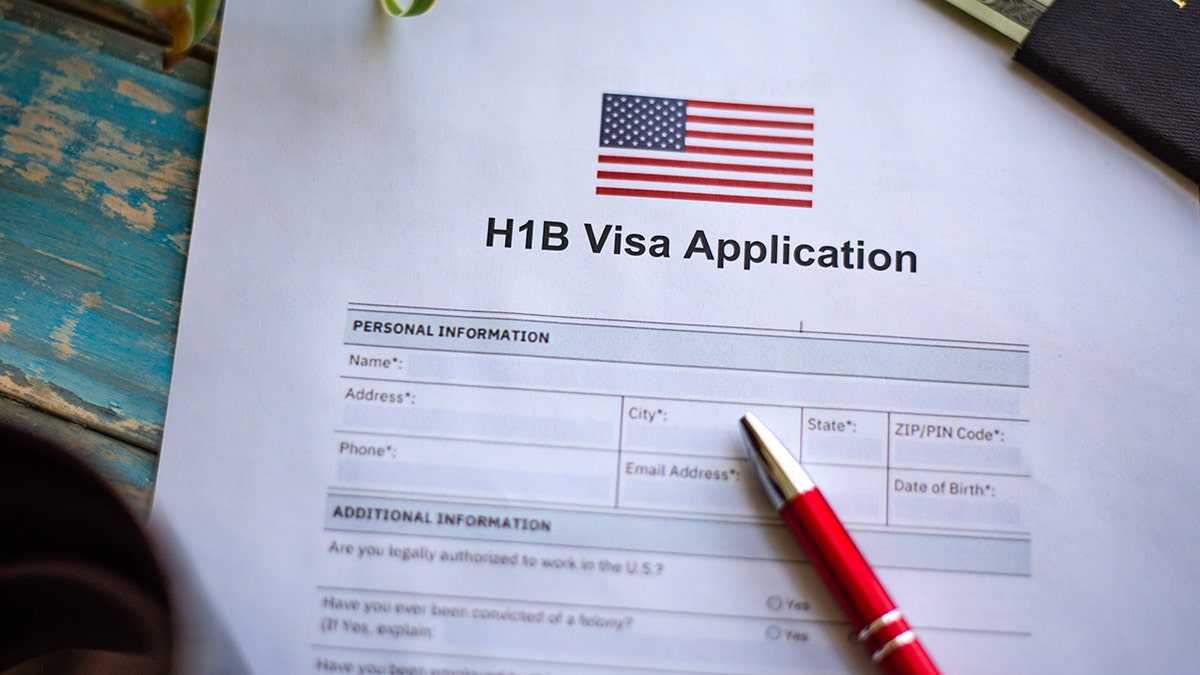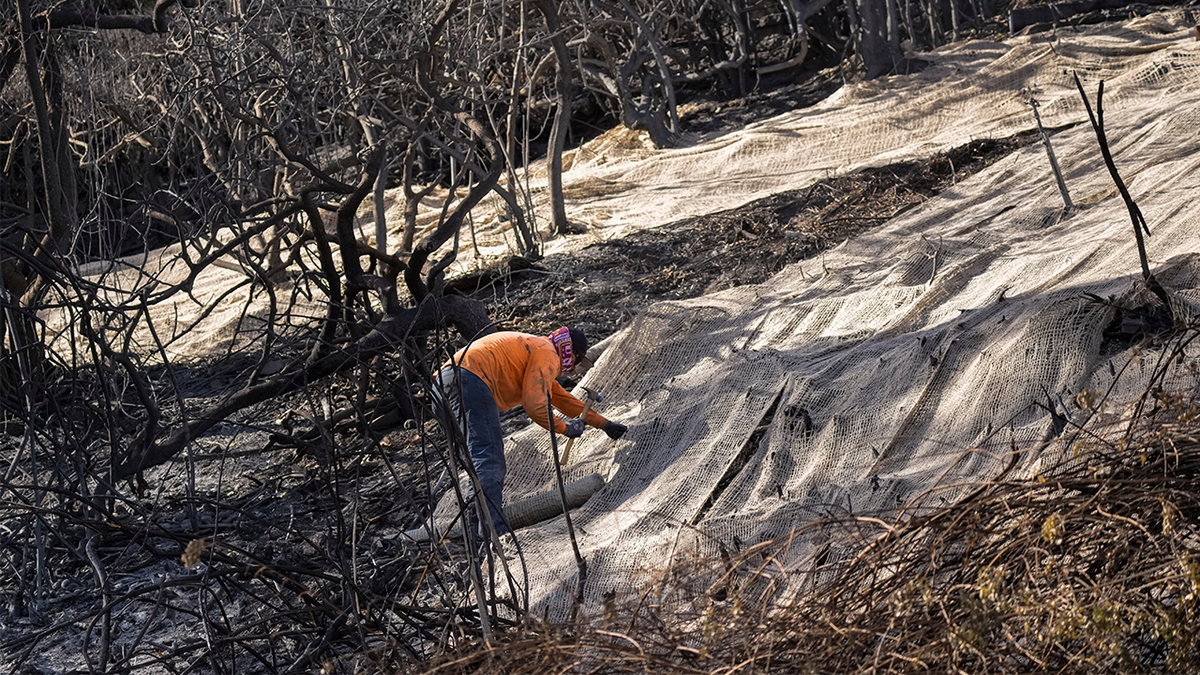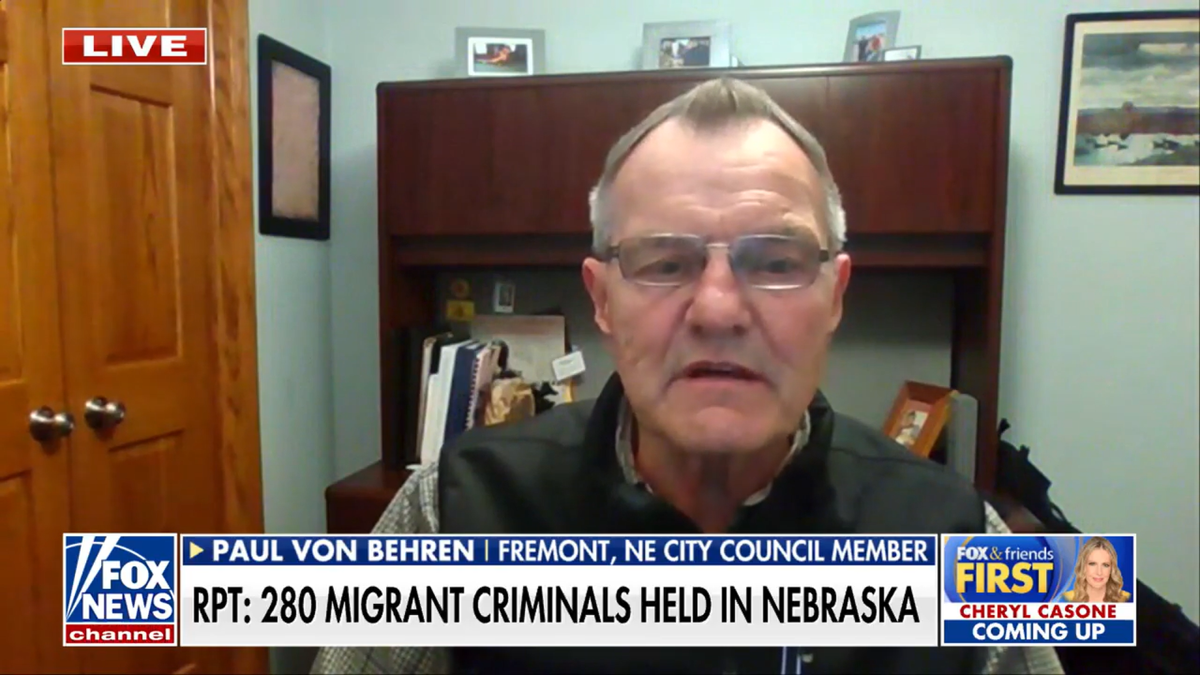Higher education institutions in North Dakota are grappling with the potential impact of Minnesota's new North Star Promise, a program offering free tuition to eligible resident students starting in 2024. North Dakota officials project significant revenue losses, with estimates reaching $8.4 million in the first year alone, due to the potential exodus of Minnesota students who currently contribute substantially to their enrollment.
Approximately 1,400 Minnesota students attending North Dakota colleges and universities could qualify for the North Star Promise. This poses a considerable challenge for institutions like North Dakota State University, where Minnesota residents comprise nearly half the student body. Other institutions, including the University of North Dakota and North Dakota State College of Science, also rely heavily on Minnesota students, who represent a significant portion of their first-year enrollment.
The North Star Promise covers tuition and fees at Minnesota's public post-secondary institutions for students from families earning less than $80,000 annually, after accounting for other financial aid. This program has prompted some Minnesota families to reconsider out-of-state college options, impacting potential enrollment in North Dakota.
Nationwide, free college tuition programs are gaining traction, with over half the states offering some form of tuition assistance. These programs vary in eligibility criteria, ranging from universal access to income-based or merit-based qualifications. Proponents argue that such initiatives are essential for developing a skilled workforce and enhancing U.S. competitiveness.

In response to Minnesota's initiative, a North Dakota state senator is drafting a similar tuition-free proposal, although its prospects in the Republican-dominated legislature remain uncertain. Cost estimates for a comparable program in North Dakota exceed $17.2 million annually, covering tuition for approximately 4,300 Pell Grant-eligible students.
While Minnesota's move has prompted concern in North Dakota, other neighboring states, such as Wisconsin, are expanding their own free tuition programs. North Dakota universities are forming task forces to address the potential consequences of Minnesota's program and are actively recruiting for the upcoming academic year. The state legislature is also planning to investigate the issue through an interim panel.
North Dakota recently implemented a two-year tuition freeze to remain competitive with neighboring states. While acknowledging the challenges, officials remain optimistic about navigating the evolving landscape of higher education and attracting students despite the new competition.








